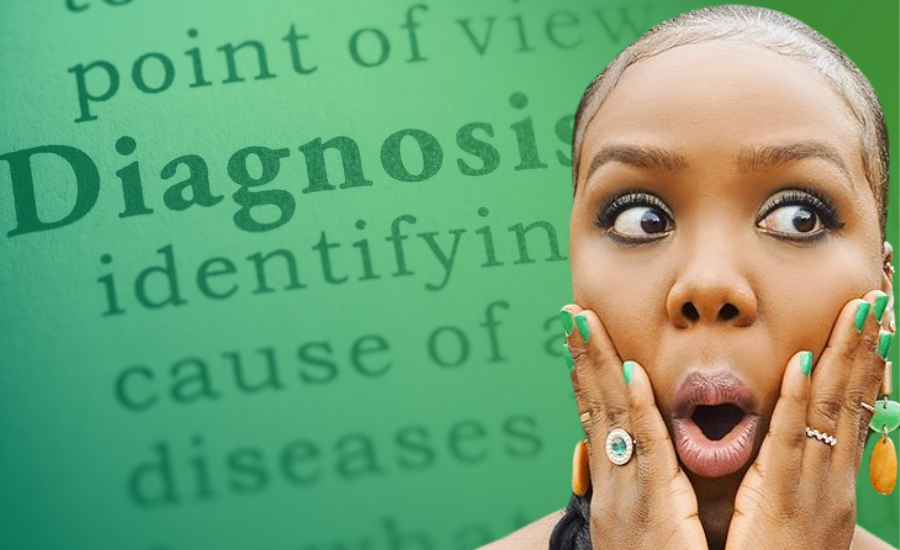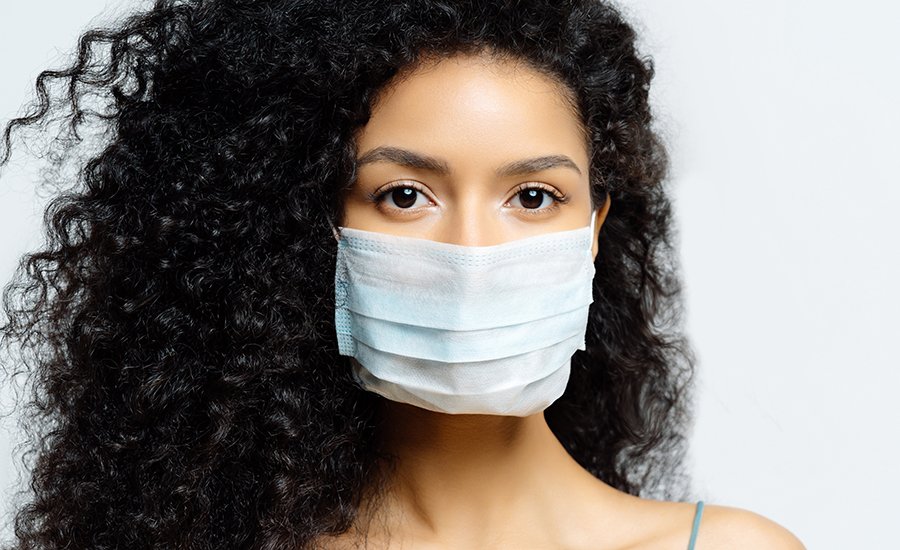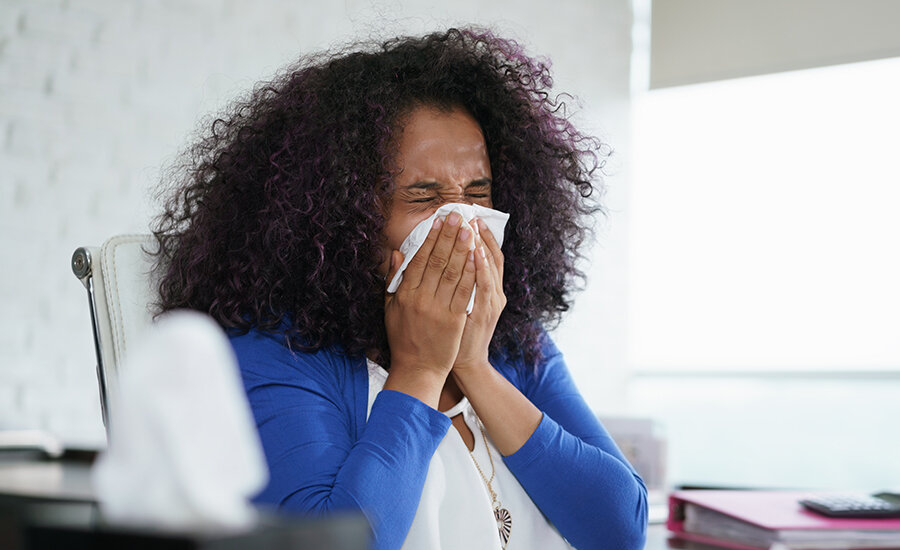Everything you need to know about social distancing: What is it? Why is it necessary? And will it work?
Article by By MIKE STOBBE // Associated Press // Coronavirus
Can my kids go on a play date? Is it OK if I visit the gym? In this time of coronavirus, once-easy questions have suddenly become complex.
Here are some questions and answers about the “social distancing” efforts to slow the epidemic in the U.S.
WHAT IS SOCIAL DISTANCING?
Social distancing practices are implemented by public health officials to keep contagious diseases from spreading.
The measures are aimed at trying to cut down the amount of virus spreading around and ultimately protecting those most vulnerable, including the elderly and people with weakened immune systems.
WHAT MEASURES HAVE BEEN TAKEN?
Governments have closed borders, and millions of workers and students have been ordered to stay home. U.S. officials recommend that older people and those with underlying health conditions “stay home and away from other people.” The U.S. is also telling people not to gather in large groups.
Experts also recommend people try to stay at least 6 feet (about 2 meters) away from each other.
WHY 6 FEET?
Experts believe the virus is mainly spread through droplets that come out of your mouth and nose. When an infected person speaks or exhales or coughs or sneezes, the droplets travel about 3 to 6 feet (1 to 2 meters) before gravity pulls them to the ground.
“They fall pretty quickly,” said Dr. Jill Weatherhead, an infectious disease expert at the Baylor College of Medicine in Houston.
It’s important to try to block coughs or sneezes with a tissue or your sleeve so you will not send those droplets flying directly toward someone nearby.
CAN I GO OUTSIDE AT ALL?
Yes, with some exceptions. And the guidelines vary based on where you live.
“We’re not being told to stay at home and lock the doors,” said Dr. Willam Schaffner, a Vanderbilt University infectious diseases expert. “We’re not there yet, and I don’t think we’ll get there.”
People who have coughs and sneezes should stay home as much as possible, and call ahead to the doctor’s office if they’re planning to get their illness checked out, he added.
People who have confirmed coronavirus illness should stay home, as should those who were in close contact with a confirmed case.
WHERE CAN I GO?
Options are becoming limited with school, gym and restaurant closures in some places and work-from-home edicts.
For instance, officials in six San Francisco-area counties on Monday told nearly 7 million people to stay inside and venture out only for necessities.
If you live somewhere without such restrictions, it’s best just to use good judgment. Go places in a small group and try to keep a safe distance from others.
It’s necessary to buy food. But try to go to the supermarket at times when it’s less crowded. Stay 6 feet away from other shoppers as much as you can, and wash your hands thoroughly when you get home.
CAN I GO TO THE GYM?
Exercise is important. If the local gym remains open, wipe down machines before and after you use them, and skip games or other activities that put you in close physical contact with others. If possible, cut back on the gym and go for jogs, walks or bike rides instead, experts said.
WHAT ABOUT SOCIAL GATHERINGS?
Recently, the CDC recommended that for the next eight weeks, organizers put off events that would draw at least 50 people. That number has now further been reduced to 10.
That could ice a lot of weddings, family reunions and birthday parties.
Dr. Deborah Birx, who is coordinating the federal response to the virus, said the change from 50 to 10 was influenced by research that tried to estimate the impact of different possible steps.
A CDC official, Dr. Jay Butler, said there’s no hard-and-fast rule. Officials are simply trying to set a reasonable parameter to “increase social distancing while not creating social isolation,” he said in an interview streamed by the Journal of the American Medical Association.
CAN I GO ON DATES? OR SEND MY KIDS ON PLAY DATES?
There’s some debate among experts about dates and play dates.
Adults who are not sick or considered to be at risk can still date, Schaffner said. But skip the concerts and crowded theaters, and instead think about an intimate dinner at home.
For kids, play dates can be OK, especially if they’re outside in parks and involve a small number of kids, he said. Of course, kids who are sick or who are particularly vulnerable to respiratory illness should not go, he added.
Weatherhead had different advice, saying play dates are not recommended. Children generally have had more mild COVID-19 illnesses and therefore might spread the disease before anyone realizes they are sick.
WILL SOCIAL DISTANCING WORK?
It will be tricky to prove these measures made a difference.
Testing for the coronavirus was delayed in the U.S., but it is now starting to become more widely available. That means a lot of new cases may be diagnosed in the coming days, as labs finally find infections that happened weeks ago.
“We’re going to see increasing (case) numbers, and that’s going to be frustrating to people who are doing social distancing. But that doesn’t mean social distancing isn’t working,” Weatherhead said.










